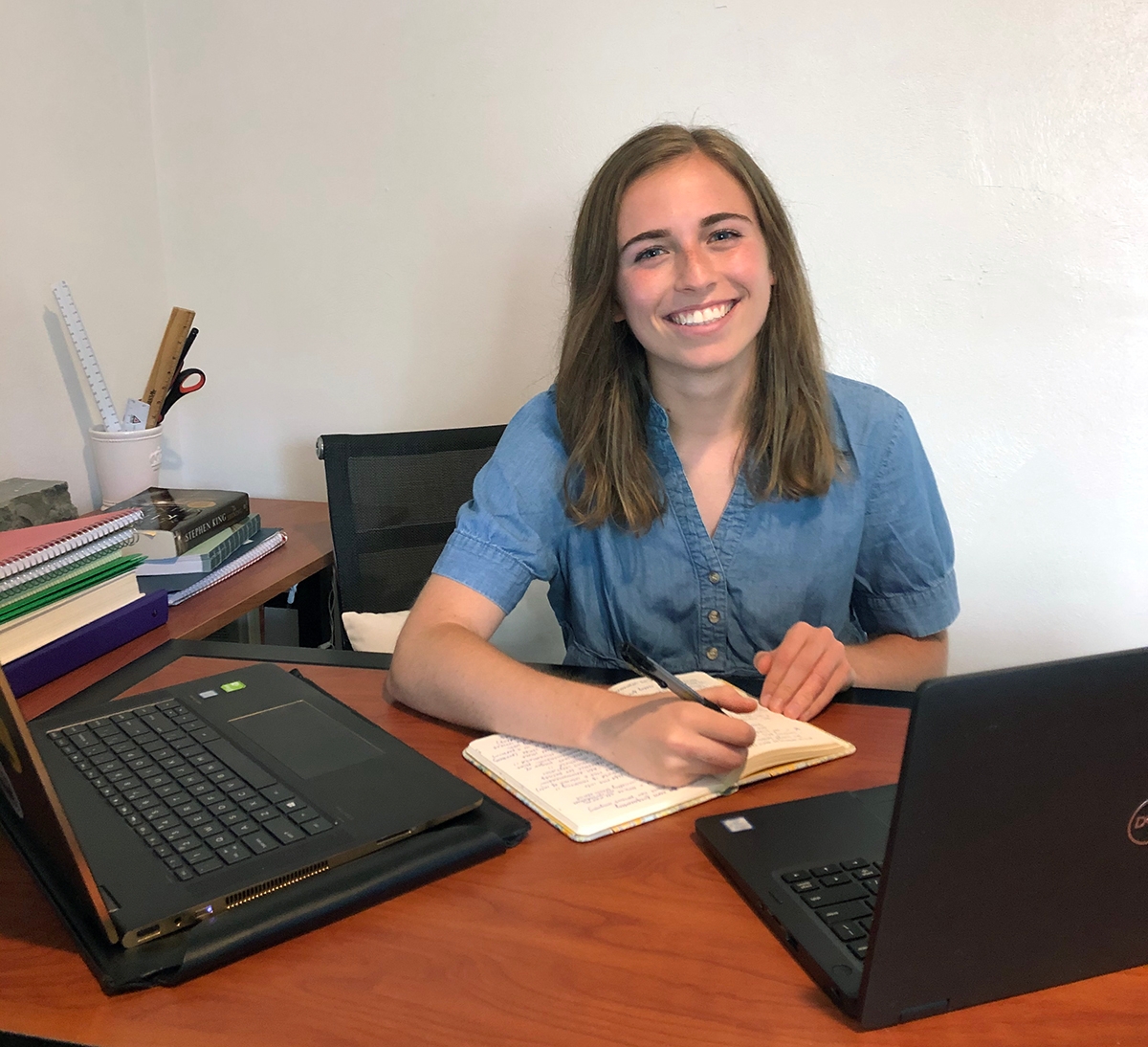My Virtual Summer Internship with the EPA, by GCC Science Policy Fellow Kerry Desmond
August 22, 2020


by Kerry Desmond, winner of the Global Change Center’s 2020 Science Policy Fellowship
After completing the end of my junior year virtually, I was both eager and hesitant to begin a virtual internship with the Environmental Protection Agency. Although I am a civil engineering student with a focus in environmental and water resources engineering, I have always been interested in environmental and public health policy and was so excited to get involved in work that combined both fields. My specific placement within the EPA was in the Water Enforcement Division (WED) of the Office of Civil Enforcement (OCE). The priority of WED is to enforce the Clean Water Act and Safe Drinking Water Act, and the division is divided into two branches: Industrial and Municipal. Through the projects I worked on, I had the opportunity to work with engineers, scientists, and attorneys from both branches (along with EPA personnel in other HQ offices, regional EPA personnel, and consultants). Despite my initial hesitation, my experience working remotely proved to be just as exciting and stimulating as I had hoped it would be.
The main project I worked on during the summer was helping improve the functionality of an Address Comparison Tool (ACT) for facilities with stormwater permits. Essentially, ACT takes a known permittee list from EPA’s Enforcement and Compliance History Online (ECHO) database and compares it to a list of facilities that should theoretically have a stormwater permit (typically provided by a state or an outside database). The goal is to find disparities among the two lists and discover facilities that don’t have permits so that they can be targeted and become candidates for federal enforcement. Since ACT compares two facilities at a time and determines a score for them, I was tasked with conducting analysis to determine a numerical threshold for the scoring system. This threshold would be used to differentiate duplicate addresses from unique addresses. This required a lot of deliberation with my mentor and an outside consultant, as well as a lot of analysis within ACT and Excel, but I thoroughly enjoyed the challenge of trying to figure out the complexities of ACT and its scoring system.
Along with this project, I had the opportunity to conduct a research project with another intern for a National Compliance Initiative (NCI) under the Safe Drinking Water Act. Specifically, we were tasked with coming up with a recommendation as to whether there is a need for public water system-specific inspector training for risk communication and community involvement. This project was especially interesting because we had the chance to interview EPA personnel from all across the Agency and hear about current and past projects that necessitated this type of communication and involvement. I also had the chance to work on another NCI, which focused on National Pollutant Discharge Elimination System (NPDES) Significant Noncompliance (SNC) facility targeting. SNC encompasses the highest priority NPDES permit violations such as significantly exceeding pollutant effluent limits, or not submitting a discharge monitoring report for multiple quarters. The goals of the targeting plan were to determine the highest priority corporations with multiple facilities in various states and the highest priority individual facilities in any state. I conducted the analysis by looking at criteria within ECHO to evaluate these target facilities and characterize the type of violations and scope of enforcement actions already taken.
I had a bit of time to get adjusted to a remote environment, but I knew it would be different to work in a virtual office setting rather than a virtual class setting. I was especially weary because, as an intern or new hire, you’re often filled with questions and need assistance with the little nuances of a new company. I was really lucky to have two engineering mentors that were always willing to talk over the phone, video call, or even answer a quick IM or email that I would send. Along with the ease of contacting people, it was also easy to hop onto virtual meetings, which allowed me to quickly get a feel for the type of work WED does.







